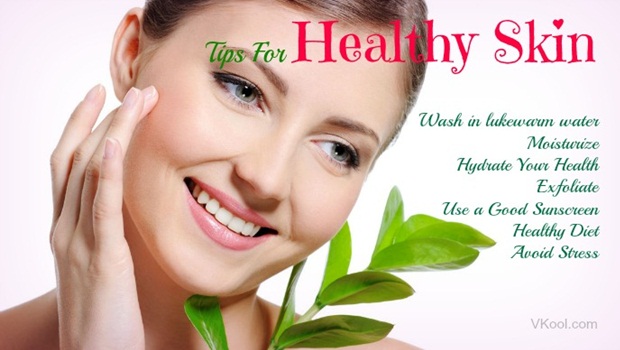
How to eat your way to beautiful skin...
The condition of our skin and how it ages are influenced by a number of factors, with diet and lifestyle playing a major part. Prolonged exposure to the sun, smoking and a diet rich in processed and sugary foods, as well as dehydrators like caffeine and alcohol will, over time, take their toll.
As we age our skin gets thinner, less elastic and more prone to fine lines and wrinkles but by including the right foods in your diet you really can nourish from within. A healthy, balanced diet featuring skin-friendly food and plenty of hydrating fluids will go some way to improve elasticity, boost your skin’s appearance and help protect from UV damage.
Here are our top tips for achieving that radiant glow:
- Protein
Include fish, lean meats and eggs. Protein foods like these supply the amino acids (building blocks) you need to make collagen, which keeps your skin strong.
- Fats
Oily fish like salmon, mackerel, sardines and trout contain beneficial fats, which promote skin hydration, resulting in plumper looking skin. Healthy oils make the ultimate internal moisturiser as they help keep cell walls supple. Aim for 1-2 portions of oily fish per week. If your budget permits, buy wild rather than farmed fish for its superior fat composition.
- Nuts
Packed with healthy fats, nuts like walnuts, hazelnuts and almonds, as well as seeds like chia and flaxseed help keep us well-oiled. They’re great sources of vitamin E, an active sun blocker, which protects skin cells from UV damage, while also keeping it soft and supple. Nuts and seeds are packed with minerals including zinc, which helps heal blemishes and reduces inflammation and redness – especially useful for those with rosacea or acne.
- Low-GI
Eating low-GI (Glycaemic Index) foods helps us avoid the spikes in hormones that can contribute to skin damage and wrinkles. Choose wholegrain over white versions of bread, rice and pasta and snack on oatcakes, nuts and seeds. Wholegrains, like oats and millet, are excellent sources of the trace mineral silica, which is essential for healthy skin, hair and nails.
- Eat a rainbow
Studies have found that carotenoids, the antioxidants in brightly coloured fruit and veg, can reduce our skin’s sensitivity to the sun. Lycopene, found in red fruit and veg, acts as your skin’s internal SPF, while orange choices, like sweet potatoes and carrots, provide beta-carotene, which we convert to skin-vital vitamin A.
Vitamin C is vital for collagen production, and is found in abundance in peppers, kiwis and strawberries, plus be sure to include dark green leaves that deliver antioxidants that protect collagen from damage. When choosing fruit and veg, opt for lower-sugar varieties and minimise the more exotic, high sugar fruits like bananas, grapes and mango as well as dried fruits.
What to avoid...
- Sugar
Refined carbs (that’s white versions of cakes, biscuits, bread and pasta, as well as fizzy drinks) have an ageing effect on the skin. Too much sugar in the diet damages skin cells and affects collagen production. Instead, use natural sweeteners like whole, natural fruits as well as spices like cinnamon or vanilla. If you regularly use high fructose sweetners like agave, honey and maple syrup, try to cut back - your skin will thank you for it.
- Bad fats
Especially bad are trans fats, found in pastries, cakes and processed ready meals. Also try and minimise saturated fat from red meat and dairy. These fats compete with the healthy omega-3 variety and slow down your circulation, reducing blood flow to the skin.
- Alcohol
Booze is an age accelerator that causes the secretion of the stress hormone, cortisol, plus alcoholic drinks often contain lots of sugar. If cutting out alcohol seems a step too far - cut back. If you do take the plunge and eliminate your favourite tipple you’ll notice the difference in as little as a week!
Author


